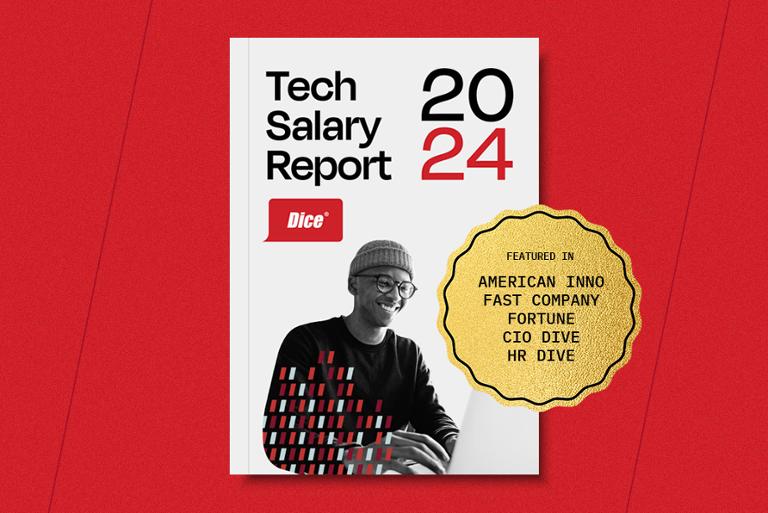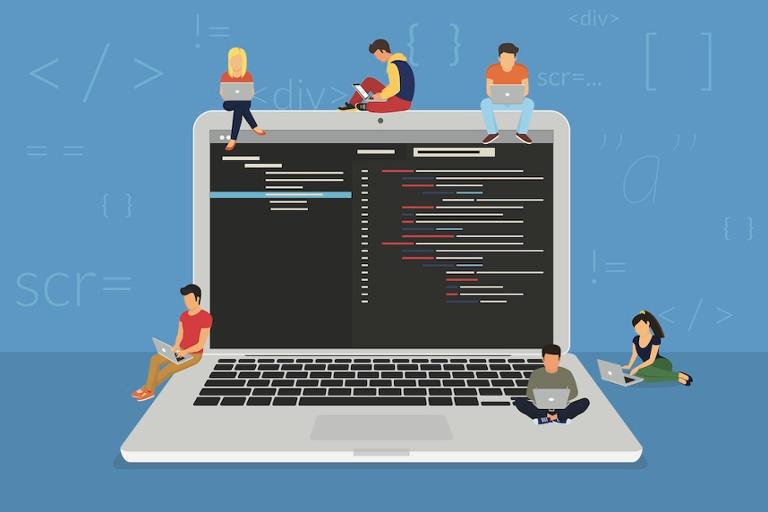What’s the typical software developer salary? And what kind of education, skills and experience do you need to unlock the upper tiers of that salary? That’s a complicated set of questions, but, fortunately, we have a number of data sources that give us some insight and answers.
“Software developer,” of course, is a very broad term. Some folks in this role might concentrate solely on building mobile apps for iOS or Android, while others might spend their careers maintaining legacy code for enterprise platforms. In light of that, the salaries that a software developer can earn, and the skills and experience necessary to get there, can vary. In light of that, let’s begin by discussing some of the most valuable skills for professional software developers:
What are the Most Valuable Skills for a Software Developer?
As mentioned above, the skills necessary for software developers can differ wildly from job to job, and even from project to project—for example, just check out this list of the most loved, hated, and wanted frameworks and tools in the latest Stack Overflow Developer Survey. But that being said, there are several that pop up consistently in job postings, according to Burning Glass:
As with many jobs in tech, it’s important to note that your “soft skills” such as communication and teamwork ultimately matter as much as your technical and coding skills, especially if you aspire to become a team leader or even run a company at some point. It’s one thing to code an awesome app; you also need to express your needs and wants to your team members, your manager, and even senior management.

Find out which industries and tech hubs are paying top dollar for tech talent in Dice’s latest Tech Salary Report.
Do Software Developers Get Bonuses?
Many companies offer a performance-based bonus as part of software developers’ overall compensation package. Seniority within teams can also determine the size of that bonus. At some of the nation’s largest tech companies, bonuses are a hefty percentage of software developers’ compensation, as the following chart (with data sourced from levels.fyi, which crowdsources technologists’ salaries) can attest:
Even at smaller companies, though, bonuses are often a significant compensation factor.
Are Software Developers in Demand?
According to Burning Glass, growth for software developers is expected to hit 30.7 percent over the next ten years. Right now, the average time to fill an open software developer position is 40 days, which suggests that employers are having a tough time finding suitable candidates for jobs—hinting at, in turn, a high level of demand. When there’s a surplus of talent on the market, the time-to-fill is lower; but when technologists already have jobs, it becomes harder (and takes longer) for companies to fill those roles.
The COVID-19 pandemic, of course, has radically remixed the employment landscape. However, there are many indications that software developers with the right mix of skills and experience are still needed in large numbers, especially if they’re specialized in a particular area such as cybersecurity or even COBOL.
What is a Software Developer’s Starting Salary?
A Burning Glass analysis allows us to determine the salary ranges for those just starting out as software developers. As you can see from the following chart, those with zero to two years of experience can earn anywhere from $66,000 to $99,000 per year. Of course, that’s almost certainly due to specialization and skills; if you graduate with a noted ability to work with machine-learning algorithms, for instance, you’ll quickly draw interest from hiring managers at a number of companies.
Education also has a notable effect on salary; software developers with an advanced degree generally make more than those with a high school education. It must be said, though, that 88.9 percent of software developer jobs just want a bachelor’s degree. Your skills, experience, and even certifications play as big a role (if not bigger) in your compensation as your formal degree:
If you’re curious about which degrees software developers actually earn, there’s a nifty Stack Overflow breakdown for that. Some 62.6 percent of developers earned a degree in computer science, computer engineering, or software engineering, while a comparatively small percentage pursued a degree in the liberal arts. It’s also important to note that, according to Stack Overflow, some 85 percent of surveyed developers felt that a formal education is at least somewhat important.
Sign Up Today
Membership has its benefits. Sign up for a free Dice profile, add your resume, discover great career insights and set your tech career in motion. Register now



